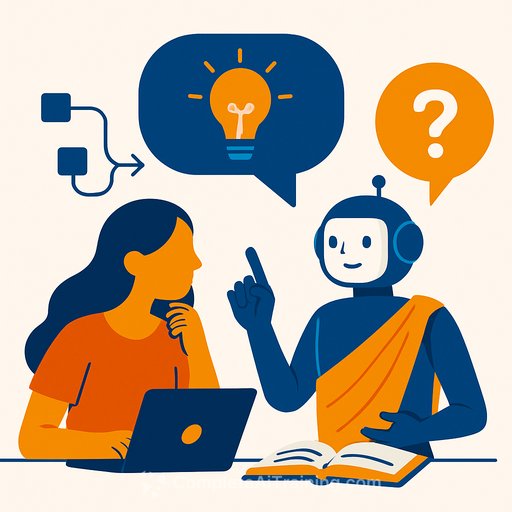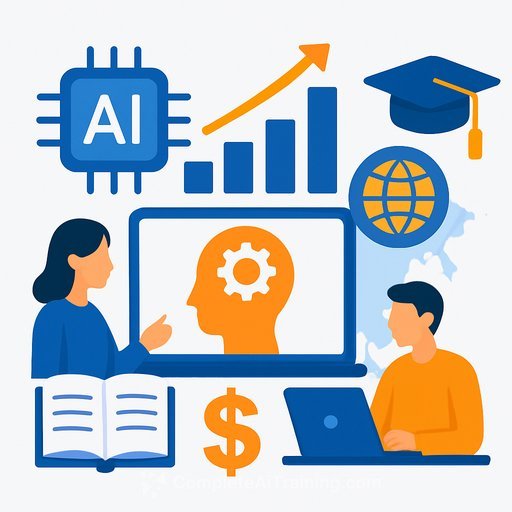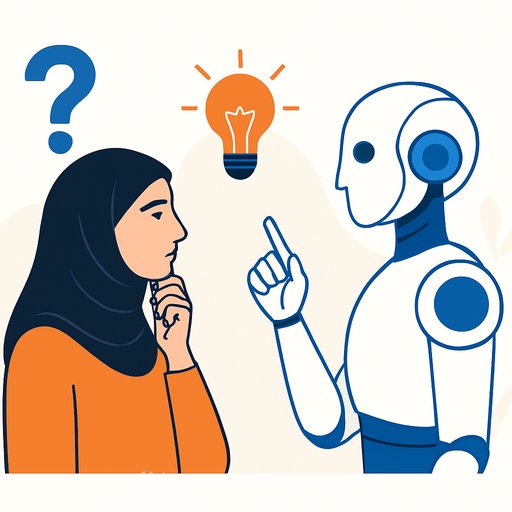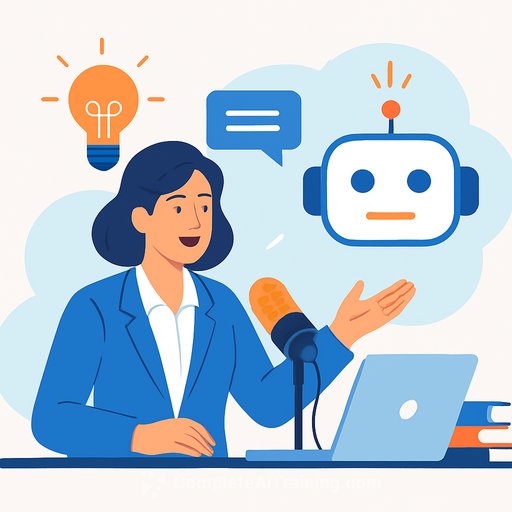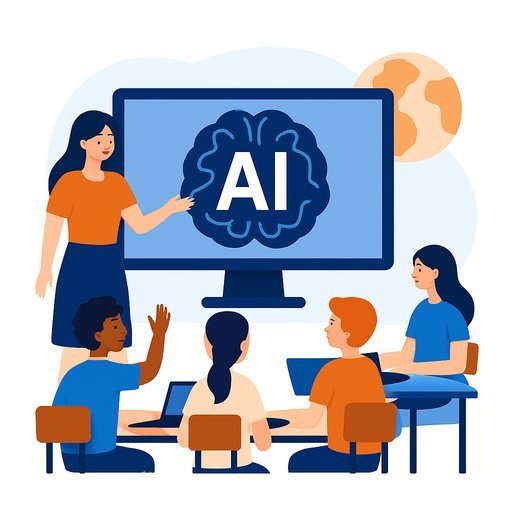AI in Education: From Answer Engines to Thinking Partners
Artificial Intelligence (AI) is changing how education works globally. At first, AI tools focused on speeding up tasks, but that brought worries about cheating and shallow learning. Now, a new approach called Socratic AI is gaining traction. Instead of giving quick answers, it encourages students to think deeply and ask questions.
Problems with Traditional AI
- Promotes academic shortcuts: Students often copy AI-generated answers without understanding concepts, leading to surface-level learning.
- Weakens critical thinking: Instant solutions stop students from analyzing and building their own reasoning.
- Encourages plagiarism: Relying too much on AI answers harms originality and honesty.
- One-size-fits-all learning: Generic AI responses don't consider different backgrounds or learning needs.
- Misalignment with pedagogy: Education values exploration and effort, while traditional AI focuses on fast answers.
What Is Socratic AI & Its Features?
Definition: Socratic AI is a teaching-focused AI that encourages inquiry by asking thought-provoking questions instead of handing out ready-made solutions.
- Inquiry-driven dialogue: It uses questions to spark curiosity and reasoning.
- Adaptive questioning: Tailors its questions based on what the student already knows.
- Multi-disciplinary applicability: Supports subjects like economics, medicine, law, and science.
- Ethical design: Avoids giving answers that compromise integrity, promoting responsible learning.
- Teacher support: Supplements classroom teaching, not replacing educators.
Advantages of Socratic AI
- Strengthens reasoning: Helps develop analytical and problem-solving skills through guided questioning.
- Improves argumentation: Assists students in building logical, evidence-based arguments.
- Fosters humility: Encourages learners to question their assumptions and adjust their views.
- Enables applied learning: Promotes cross-subject thinking and real-world knowledge application.
- Prepares for life skills: Equips students to handle complex challenges beyond school.
Challenges of Socratic AI
- Digital divide: Unequal access to internet and devices creates learning gaps.
- Faculty resistance: Some educators worry AI might replace rather than assist them.
- Student reluctance: Students used to quick answers may resist effortful inquiry.
- Technical limits: AI still struggles with nuanced, context-rich questioning like a human tutor.
- Ethical risks: Privacy, bias, and accountability issues remain unresolved.
Way Ahead
- Bridge infrastructure gaps: Invest in digital access to ensure all students benefit from AI tools.
- Teacher training: Prepare educators to effectively use Socratic AI as a teaching aid.
- Context-specific tools: Develop AI systems that respect local languages and cultures.
- Stronger ethics: Establish clear guidelines on privacy, fairness, and responsible AI use.
- Reform assessments: Focus evaluation on reasoning and inquiry rather than memorization.
Conclusion
Socratic AI shifts learning from receiving answers to asking meaningful questions. When ethically developed and widely accessible, it can foster independent, critical thinkers ready for real-world challenges. The future of education depends on AI that encourages students to think harder, not less.
Your membership also unlocks:

